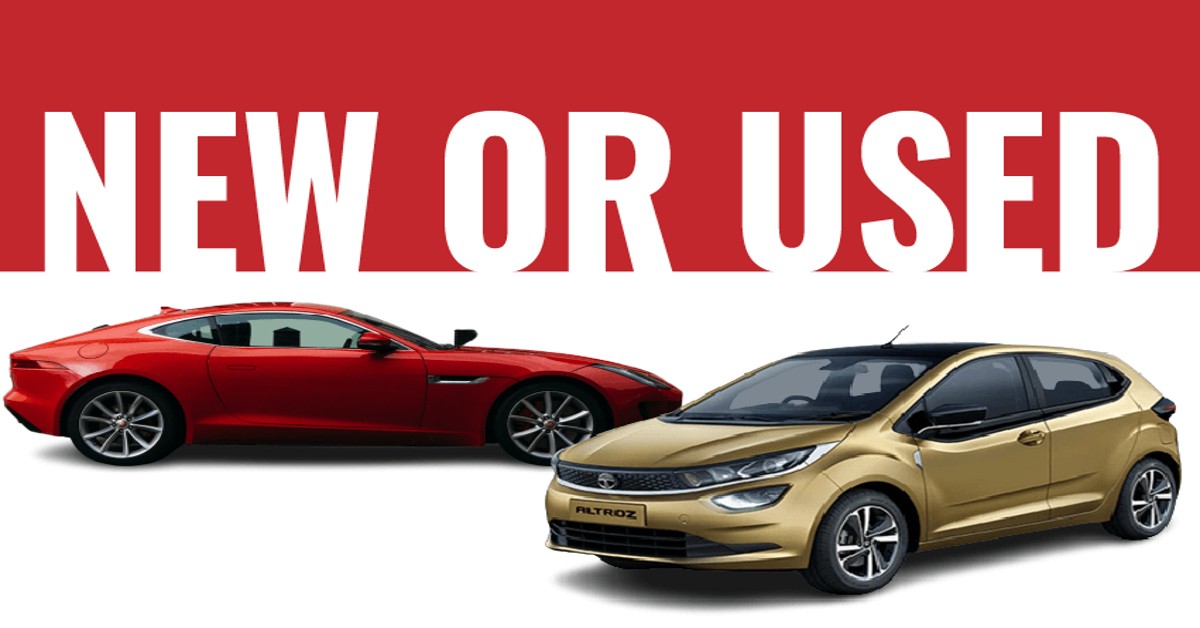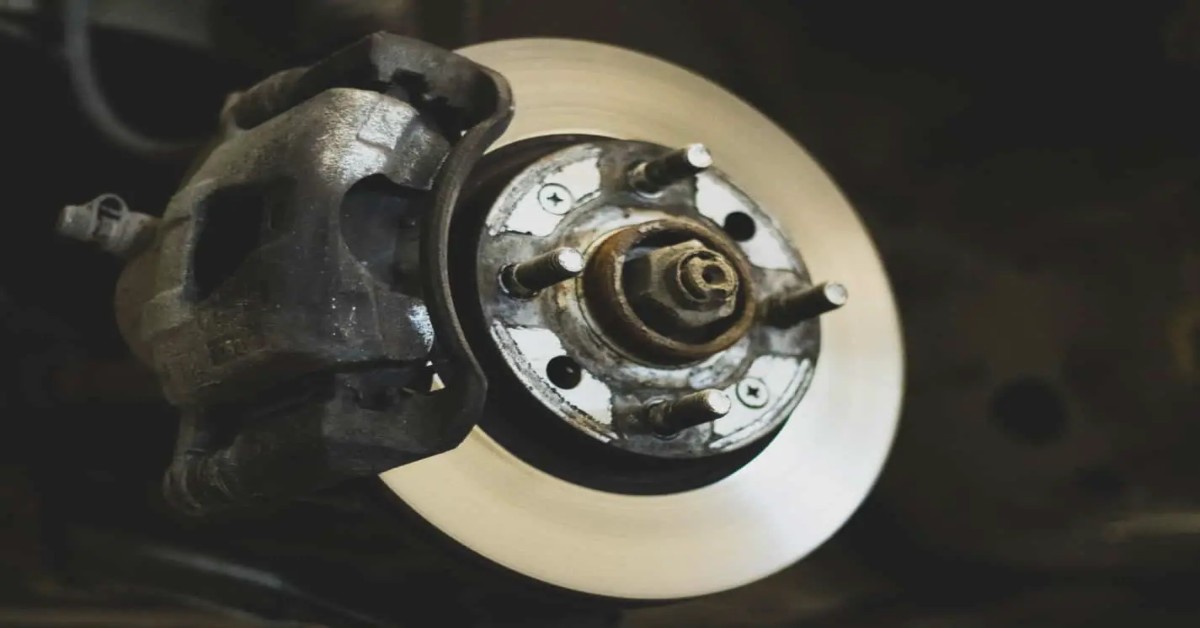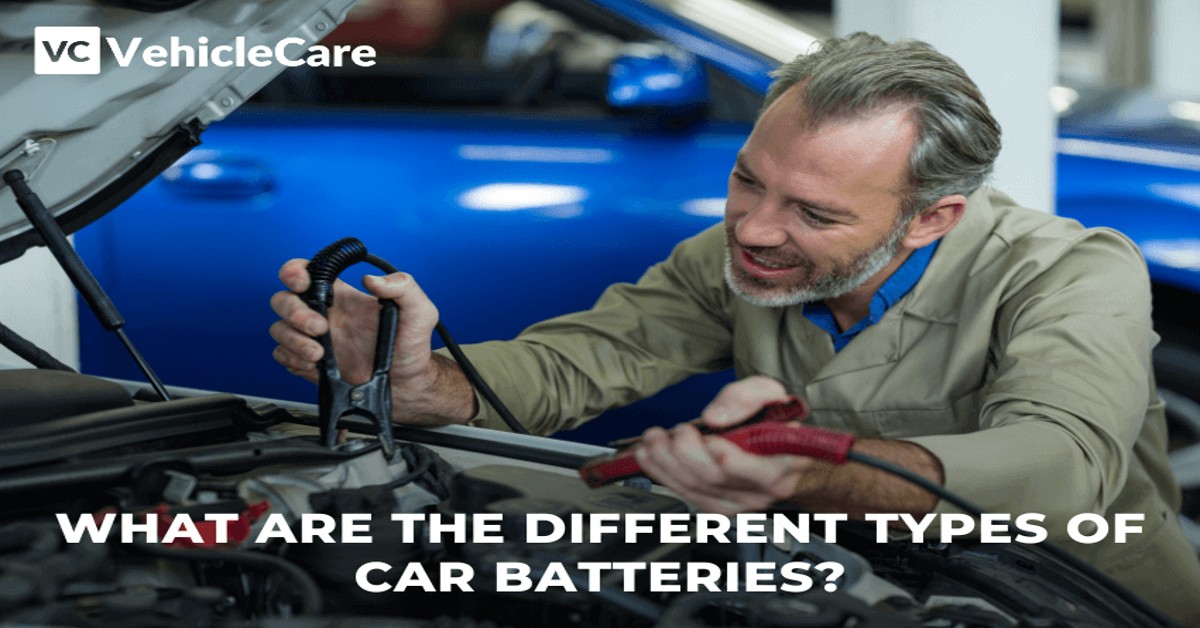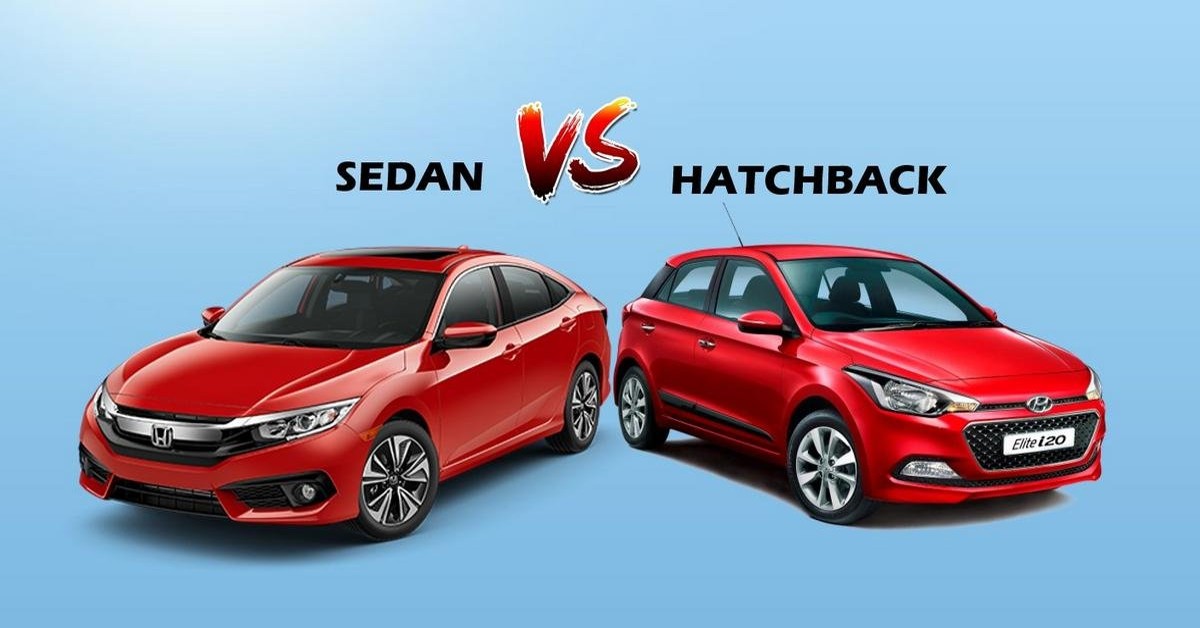The debate over used car vs. new car is nothing new. While some people believe that buying an older automobile is a good idea because it is less expensive, others believe that buying a new car is the only option. The truth is that the former made more sense until a few years ago, when individuals would drive a car for nearly a decade before thinking about selling it.
Things have, however, altered dramatically since then. Most millennials today change jobs and cities every two to three years. As a result, the car ownership lifespan has shrunk to just five years. Because cars degrade over time, they cannot be called an investment. Its value begins to depreciate the day after you purchase a vehicle. As a result, you must consider cost-effectiveness when making this option.
When compared to shorter distances, buying a car is usually more cost-effective if you drive medium to long distances on a daily basis. Similarly, when buying a used car, you must factor in the cost of maintenance, which is far higher than the cost of a new car.
Let’s have a look at the different used car vs. new car prices:
Table of Contents
Used Car vs. New Car Prices
If you’re undecided about whether to buy an old automobile or a new car, it’s time to compare the two in terms of their prices.
Let’s say the car you want costs ten lakhs now. You can either buy it now for the current price or receive a five-year-old model of the same car. Because of the 50% depreciation, the purchase price will be 5 lakhs.
Let us now compare the prices associated with these scenarios:
EMIs on a loan
If you choose auto finance, you must pay a down payment of 1 lakh and then take out a loan to cover the rest of the cost. You will be able to finance the new car for 9 lakhs at a 10% interest rate. The EMI will be Rs. 19,122 per month. On the other side, you can acquire a loan for a used car for Rs. 4 lakhs, but the interest rate will be roughly 14.5 percent. As a result, the monthly EMI will be around Rs. 9,411. As you can see, financing a used car is relatively inexpensive.
Fuel prices
A new car has superior mileage, which can be up to 4 kilometers per liter more than a used car. So, if you want to drive the vehicle for 10,000 kilometers per year, the total cost of fuel for a used car will be greater.
Maintenance
A warranty period is included when you buy a new automobile online or from a dealer, something you may not get with a used car. As a result, during the first few years, a new vehicle’s maintenance costs will be covered by the manufacturer’s guarantee. However, if you have an older automobile, you will have to pay the servicing fees yourself. In this case, buying a new car is a viable option.
Resale
Due to the 50% depreciation, if you decide to sell your new automobile after five years, you will receive roughly 5 lakhs. However, after three years, depreciation slows down, resulting in used cars losing value at a considerably slower rate. Based on current market conditions, a used car can be sold for roughly 3.5 lakhs after five years. As a result, you would lose a total of 5 lakhs on the new vehicle while only losing 1.5 lakhs on the old one.
Insurance
A new car’s insurance costs around Rs. 10,000 per year, but a used car should not cost more than Rs. 7,500 per year. Over the course of five years, you can save Rs. 12,500 on insurance on the old automobile.
As you can see, buying a used automobile online will save you a lot of money over the course of five years compared to buying a new one. As a result, buying a used car makes financial sense. However, if money is not an issue for you, you may want to consider purchasing a brand-new vehicle. After all, it does have a gleam to it.
New Car vs. Used Car Pros and Cons
Pros of buying a new car
Reliability
A fresh new car is extremely dependable because it is equipped with the most up-to-date technologies. It’s extremely improbable that your new car will have any problems. Modern automobiles are constructed with high-quality materials and components. As a result, buying a new car eliminates any concerns about reliability.
Recent technologies and features
Another significant benefit of purchasing a new car is having access to the most up-to-date technologies and amenities. It offers creature comforts, advanced technology, and safety features, among other things.
Low-cost maintenance
For the first six months to a year, or for the first 1,000 kilometers, a new car requires substantially less maintenance. You will also get access to complementary services, the amount of which varies from one brand to the next. As a result, the total cost of maintenance is lower.
Car loans with low-interest rates
When purchasing a new vehicle, you can take advantage of attractive financing options. A car loan for a new vehicle has a lower interest rate than a loan for an older vehicle. During special occasions, financial institutions also come up with interesting new vehicle loan deals.
Warranty coverage
When you buy a brand new vehicle, you get a basic warranty. The car’s principal components are covered by the warranty plan. When purchasing a new car, certain brands may even give additional coverage, such as free roadside assistance.
Cons of buying a new car
Expense
Purchasing a fresh new automobile is an expensive endeavor. A new car, regardless of its segment, commands a higher price than an older vehicle. If cost is a major consideration, a high price tag could be a deal-breaker. For the money, you receive a reliable, new, and low-maintenance vehicle.
High rate of depreciation
A new car depreciates more quickly than a used one. Because a brand new car loses the majority of its value in the first few years of ownership, this is the case. Your new car’s value may drop by 8 to 10% the moment you drive it away from the showroom. Depreciation, on the other hand, should not be an issue if you want to keep a car for a long period.
High car insurance premiums
Car insurance premiums for new autos are considerably higher. The premium is determined by the vehicle’s value, which is more for a new automobile than for a used car. As a result, you’ll have to pay a higher premium to insure your brand-new vehicle.
Pros of buying a used car
Affordability
A second-hand car is less expensive than its modern version. Because of the vehicle’s depreciation over time, this is the case. As a result, if you can discover an excellent used car, you may be able to receive more value for your money.
Low depreciation rate
During the first few years of ownership, a new car loses a significant portion of its value. As a result, if you acquire a secondhand car, the prior owner will be responsible for depreciation. If you maintain your old automobile properly, you may still be able to get a reasonable price when it comes time to sell it.
Low insurance premiums
Because the market value of an old car is lower than that of a new vehicle, car insurance premiums are lower. As a result, insuring an older vehicle is less expensive than insuring a brand new vehicle.
Cons of buying a used car
No warranty coverage
Depending on the age of the vehicle, warranty coverage may be unavailable. Having no warranty coverage on a secondhand car might increase maintenance costs because used cars are prone to reliability concerns.
High maintenance costs
An old vehicle is less dependable than a new vehicle. Furthermore, you will not be able to take advantage of the free service. As a result, servicing and maintenance costs might be rather costly. It would be ideal if you included the expenses of replacing essential car components in the long run.
Lacks contemporary features and safety technology
An older car may lack modern features and safety technology. As a result, if you choose to buy a used car, you may miss out on that benefit. Also, depending on the safety measures on board, an older car may be less safe.
Is it good to buy a second-hand car in India?
Buying a car is always a source of pride and a reflection of one’s socioeconomic standing in society. However, this is the scenario when we purchase a new vehicle. In India, buying an old car is still considered unethical, but we beg to differ.
Purchasing a used vehicle has its own set of advantages. Purchasing a used car is now a hassle-free transaction in most situations, thanks to the growing organization of the used car sector. So, if you’re in the market for a car, you might want to consider secondhand options for these four reasons:
Purchasing a used car saves money
It’s a well known fact that buying a second hand car is quite cheap. More importantly, a well-maintained secondhand car offers better value for money than a new car. For example, if a brand new sedan costs Rs 8 lakh (on-road), you can get better value for your money by purchasing a well-kept, less-used, and a few months old model of the same car for around 6-7 lakh. In India, this is true for any car.
You Have the Option to Upgrade Your Life
This point follows on from the previous one. Consider the case of a middle-class family who needs a larger vehicle to accommodate their growing family. He can possibly look at the Hyundai Grand i10 or the soon-to-be-released Tata Tigor with a budget of Rs 5 lakh for new automobiles. On the other hand, he could cheerfully buy a used Maruti Dzire, a Hyundai Verna, or even an old Honda City for the same amount of money. These automobiles are clearly in a different league than the Grand i10 or the Tigor. Larger automobiles provide more comfort, more equipment, enhanced safety, and, of course, a higher social prestige.
Easy Financing Options
The used car market is now becoming more organized. As a result, if you buy a used car, you won’t have to worry about large EMIs. Zero down payment options are increasingly being offered by several manufacturers with used car divisions.
Peace of mind
The car’s dubious reliability has been one of the major concerns among second-hand car buyers. Cars, on the other hand, are incredibly reliable thanks to contemporary engineering. Furthermore, warranty periods have lengthened, and most owners now opt for the extended warranty option. This means that you don’t have to be concerned about the reliability of a secondhand car that is 1-3 years old. It’s also gotten easier for a car owner to obtain a service history from an approved repair and present it to a potential buyer.




